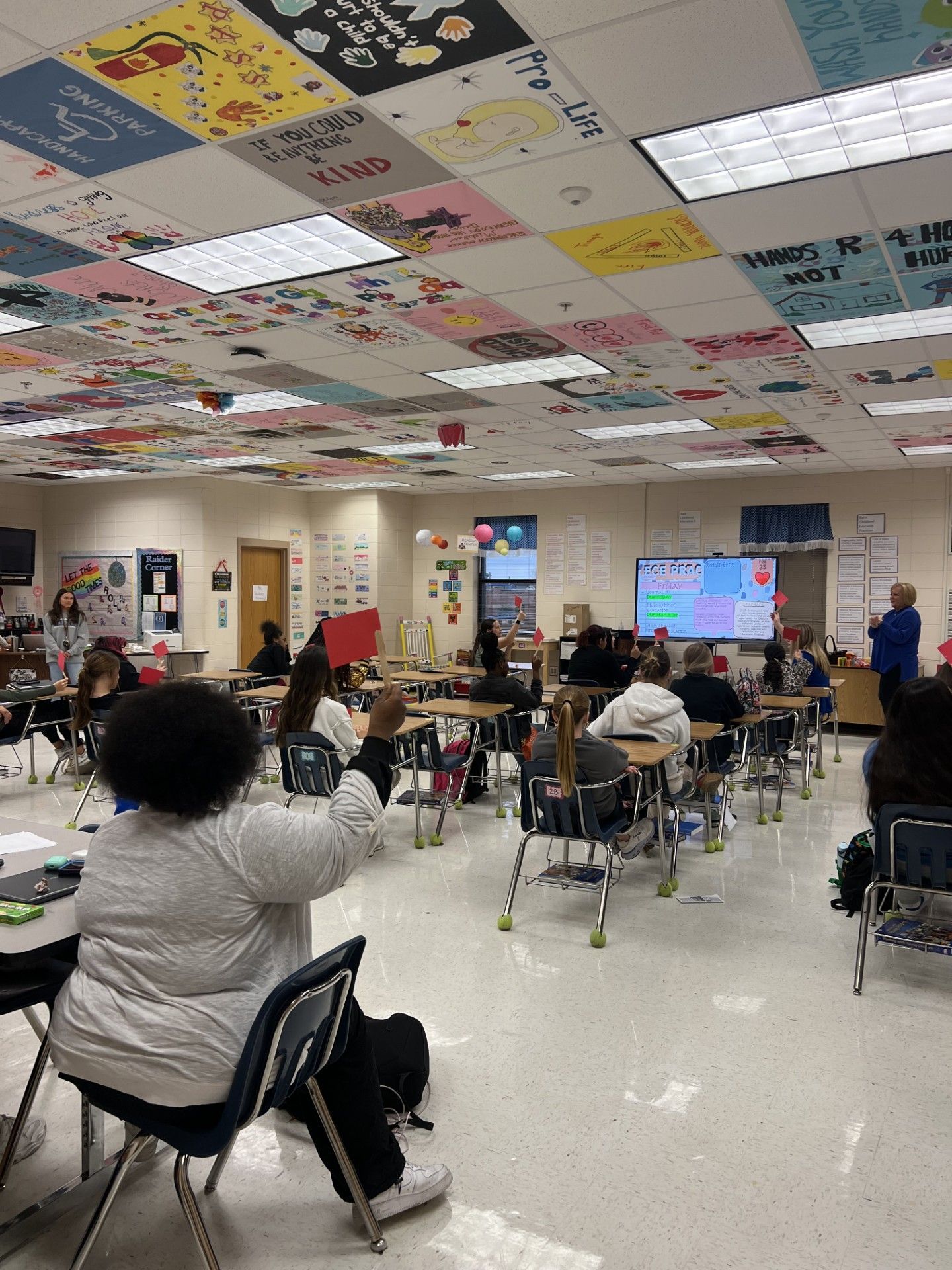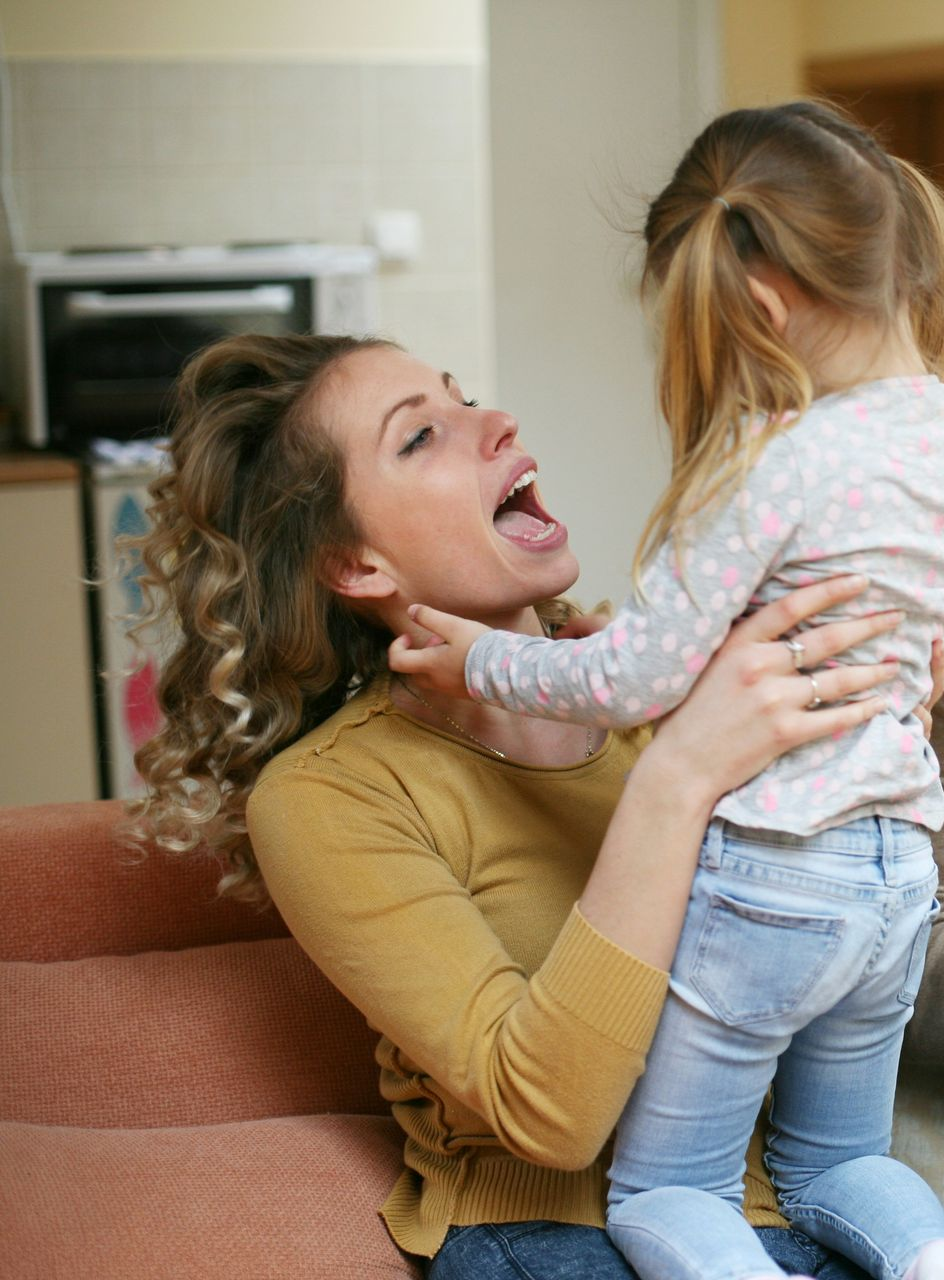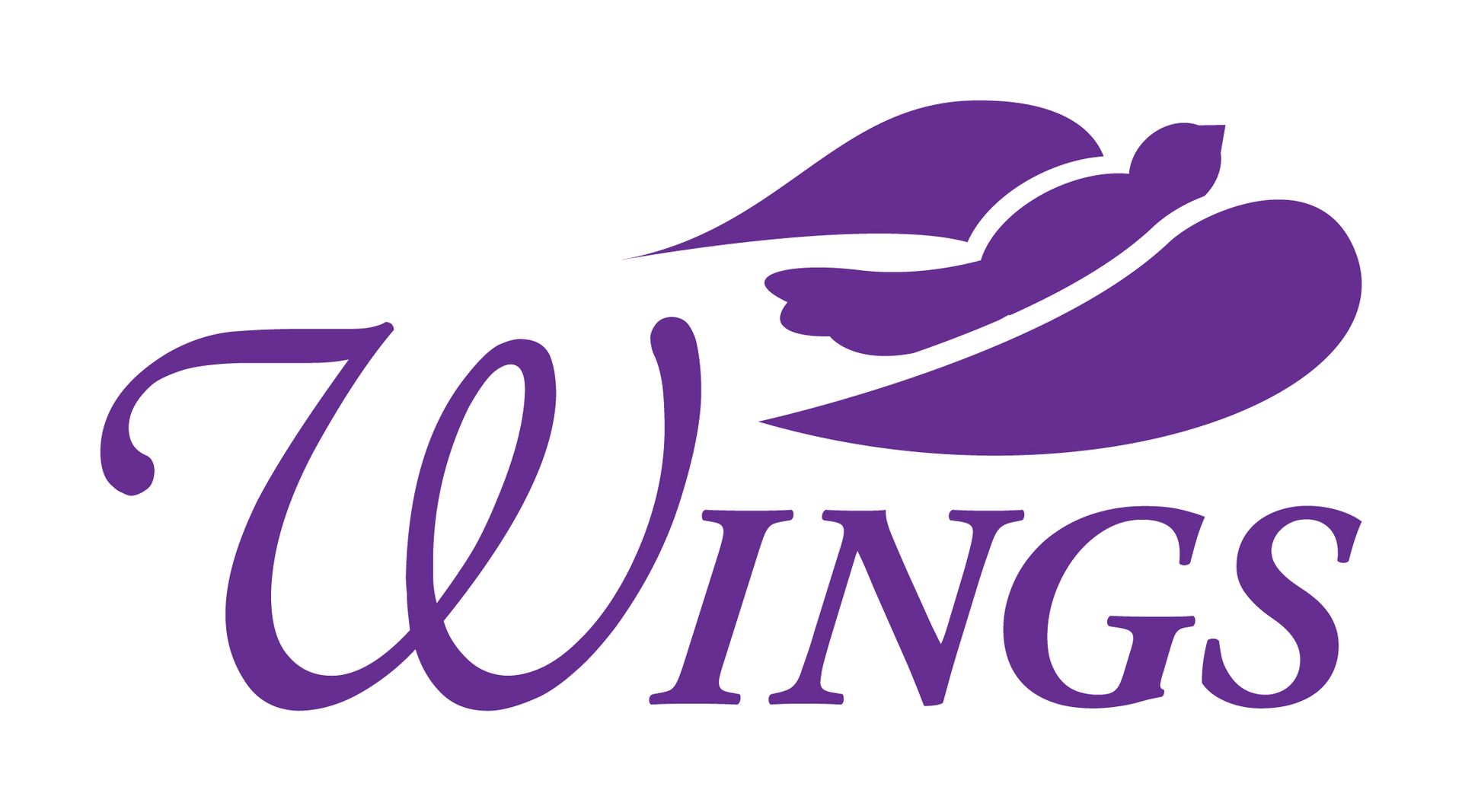Training & Outreach
“Knowledge is power. Connection is safety. Prevention is possible.”
What We Offer:
Education That Saves Lives
At WINGS, we believe the journey to safer communities happens through shared understanding, compassionate connection, and proactive care. Our Training & Outreach / Education & Awareness programs are central to preventing abuse before it happens and building networks of support around survivors. Through education, we aim to shift norms, equip trusted helpers, and empower individuals to act.
We work with organizations of all sizes across Georgia to offer evidence-based, judgment-free education that sticks. Our trainings are practical, customizable, and grounded in real-world experience.
The Ripple Effect
Every conversation matters. A teenager who learns what a healthy relationship looks like may never need emergency shelter. A nurse who recognizes subtle signs of abuse can connect a patient to safety. A church leader who attends a training may change how an entire congregation responds to victims. This is the quiet, lasting impact of education: it ripples outward, touching people who may never attend a session themselves but will benefit from someone else’s awareness.
Since its founding, WINGS has seen how outreach transforms communities. Schools become safer, workplaces more responsive, and families more informed about their options. Prevention is not abstract—it is real, measurable, and deeply human.


Age-Appropriate Curriculum
(Youth to Adult)
We deliver healthy relationship programming tailored to developmental stages:
- Elementary / Young Children: Focusing on respect, boundaries, communication, kindness, and recognizing emotions.
- Adolescents & Teens: Dating violence awareness, consent, digital boundaries, peer relationships, and healthy conflict resolution.
- Young Adults / Adults: Power dynamics, communication, red flags, self-care, and resources for support.
These curricula include Building Healthy Relationships, Safe Dates, and Love Is Respect—depending on the audience.
Professional & Institutional Trainings
We provide specialized training for professionals and institutions whose work intersects with relational violence:
- Social Services Agencies | Child Protective Services
- Law Enforcement & First Responders
- Medical / Mental Health Providers
- Schools & Education Administrators
- Faith-Based Institutions & Pastoral Staff
Community & Public Awareness Programs
We engage broader audiences to raise awareness and inspire action:
- Public Presentations: Church groups, civic clubs, service organizations, business forums
- Campaigns & Events: We Wear Purple, domestic violence awareness month, community walks, social media initiatives
- Custom Workshops: Designed for parent groups, youth clubs, neighborhood associations
Awareness Activities & Campaigns
Beyond formal training, we stay present in the community through:
- Annual Campaigns like We Wear Purple
- Awareness Drives (posters, local media, school events)
- Community Challenges (e.g. “30 Days of Kindness,” “Respect Pledge”)
- Resource Fairs & Outreach Tables
- Social Media & Digital Education
- Partnerships with local coalitions, shelters, health services
Practical, Evidence-Based Trainings
Impact & Reach
WINGS’ Training & Outreach efforts produce real, measurable impact. Over the years:
- Expanded empathy and awareness: Parents, educators, and neighbors report greater confidence recognizing early warning signs.
- Strengthened allied systems: Local law enforcement and medical staff have enhanced response protocols, reducing secondary trauma for callers/survivors.
- Youth resilience: Teens and young adults better understand healthy relationship dynamics, leading to fewer abusive patterns over time.
- Community mobilization: Through public campaigns, community members become allies — volunteering, advocating, and supporting survivors.
- Behind every presentation is potential ripple effect: one changed mindset, one offered resource, one community more willing to stand against abuse.
Got Questions About Training?
Here’s what people ask us most often.
What is WINGS, and who do you serve?
WINGS (Women in Need of God’s Shelter) is a state-certified domestic violence program serving seven counties in Central Georgia: Laurens, Bleckley, Dodge, Johnson, Telfair, Wilcox, and Wilkinson. Since 1991, we’ve provided safe shelter, advocacy, and education for individuals and families affected by domestic violence. Our services are free, confidential, and available to anyone experiencing abuse, regardless of gender, age, race, or background.
How do I know if what I’m experiencing is domestic violence?
Domestic violence isn’t just physical harm—it can include emotional, verbal, financial, or sexual abuse. If someone is using fear, control, or intimidation to gain power over you, that is abuse. You don’t have to wait for a crisis to reach out. Call our 24-hour Help Line at 478-272-8000 to talk confidentially with an advocate who can help you identify what’s happening and explore your options safely.
What happens when I call the WINGS Help Line?
When you call, a trained advocate will answer—not a machine. You’ll be met with understanding, not judgment. You can ask questions, talk about your situation, or learn about resources like safety planning, shelter, legal advocacy, and support groups. You never have to share details you’re not comfortable sharing, and you don’t need to be ready to leave to call. We’re here to listen and help you find the next right step for your safety.
Is the WINGS shelter location confidential?
Yes. For the safety of all residents, WINGS’ shelter address is kept confidential. Only staff and law enforcement partners know its location. If you need safe shelter, our advocates will guide you through the intake process and coordinate transportation if necessary. Keeping the location private ensures that every survivor who stays with us remains protected.
What if I don’t need shelter but still need help?
Many of the people we assist don’t live in our shelter. WINGS offers outreach advocacy, legal support, safety planning, counseling referrals, and community resources for anyone affected by domestic violence. You can still receive help even if you have a place to stay or are unsure about your next steps.
What should I do if I’m worried about someone I know?
If you suspect a friend, coworker, or family member is being abused, reach out privately and express concern without judgment. Listen, believe them, and remind them that help is available. You can share our Help Line number (478-272-8000) and encourage them to call when it feels safe. Avoid confronting the abuser directly—your role is to offer support, not to intervene in a dangerous situation.
Request Training
We will get back to you as soon as possible.
Please try again later.


